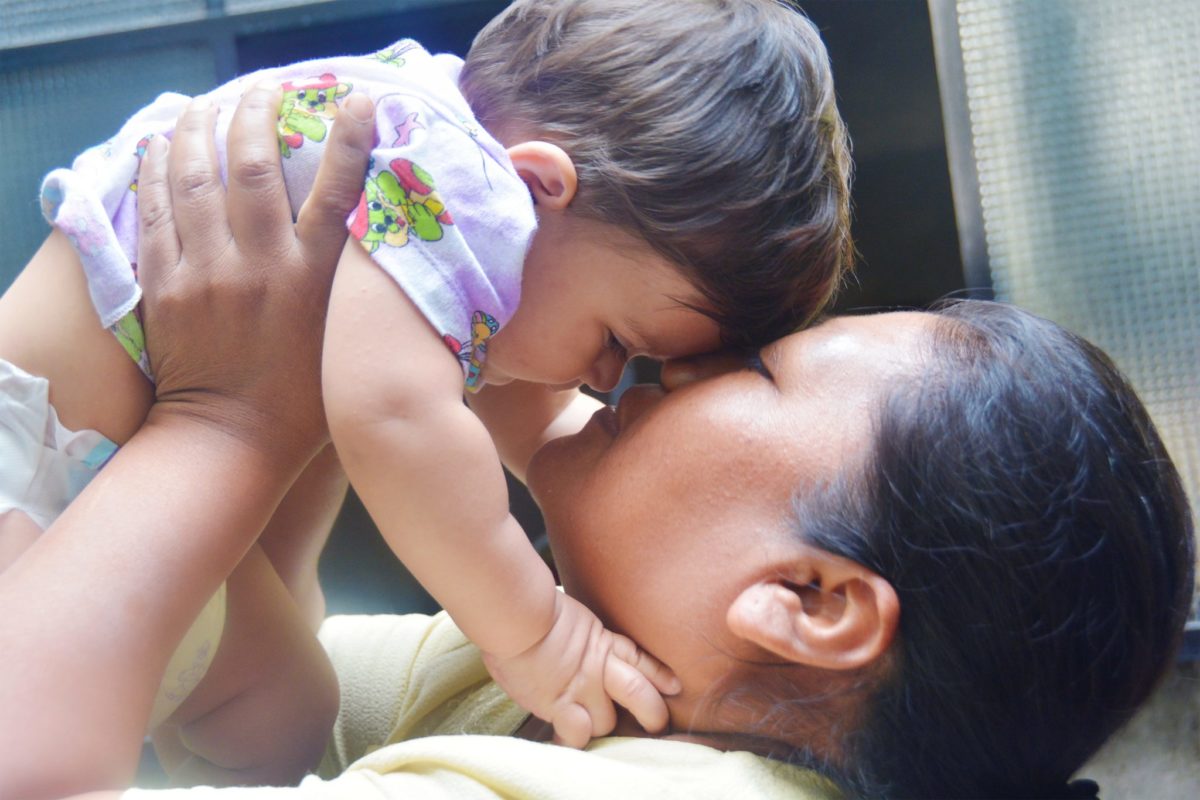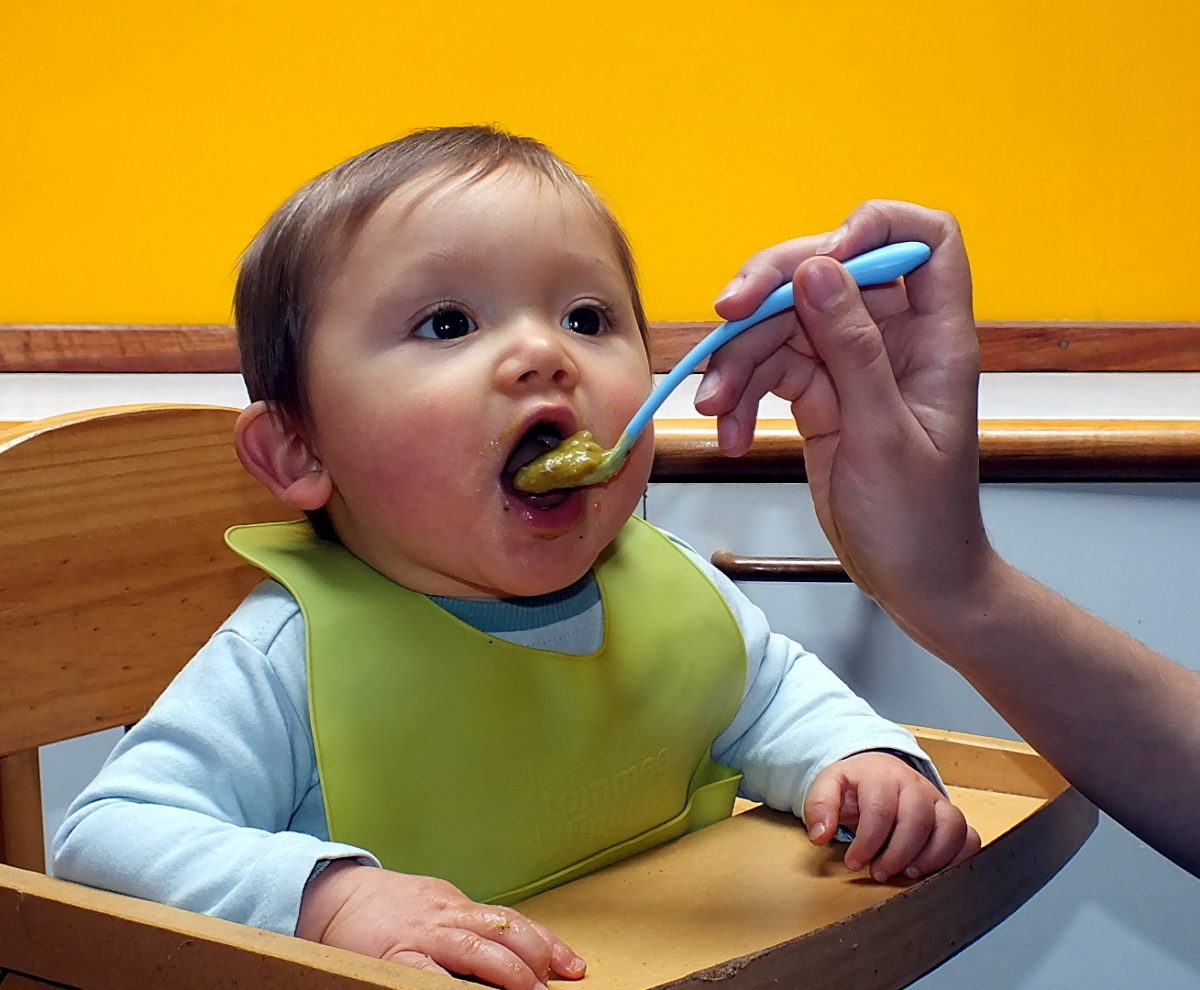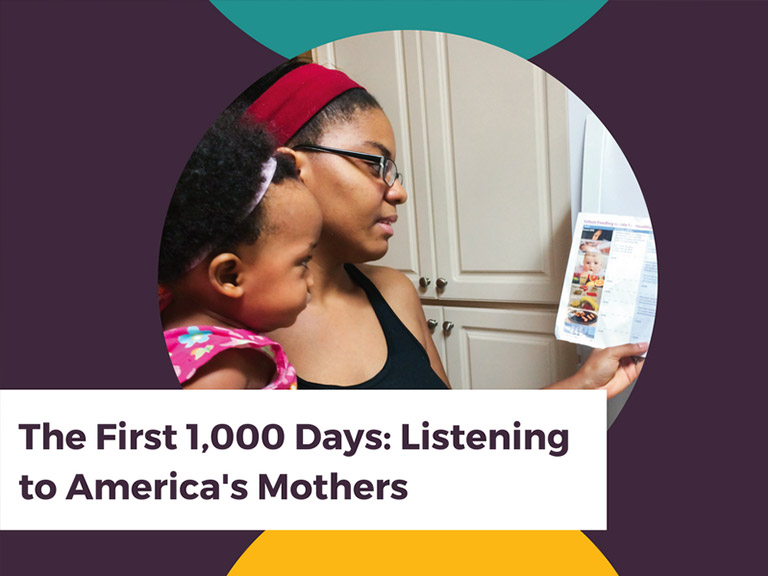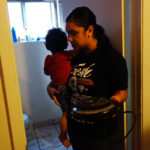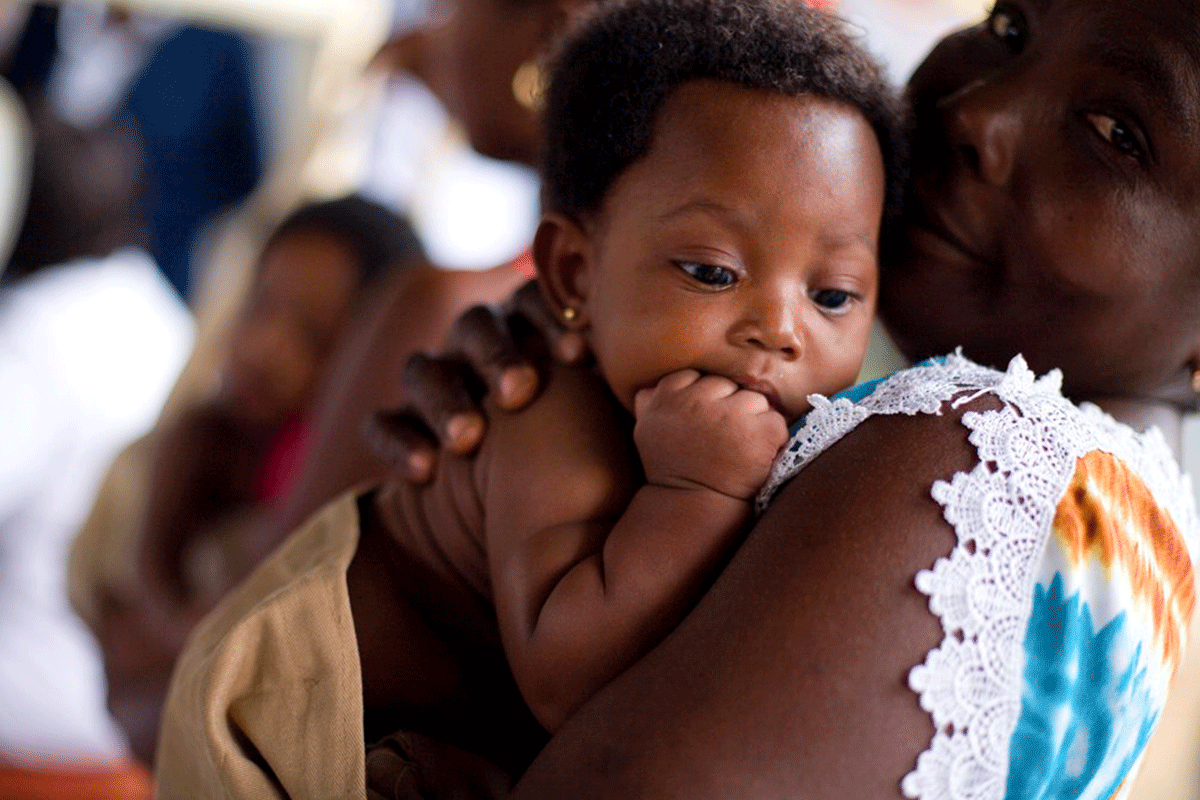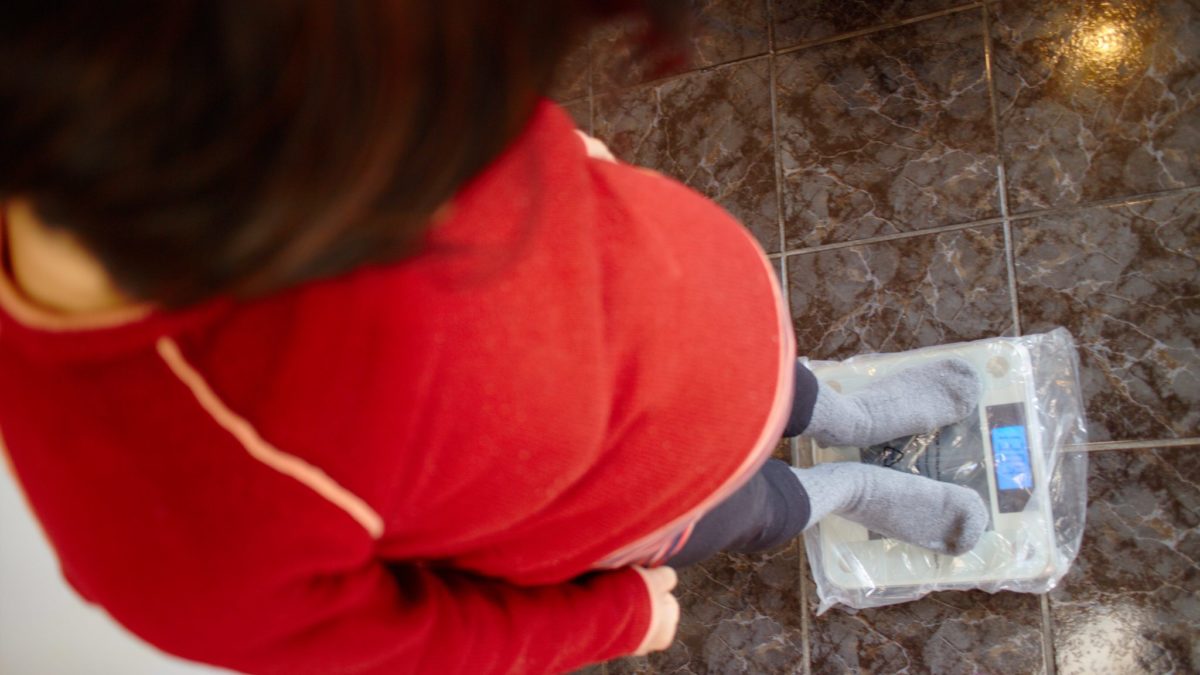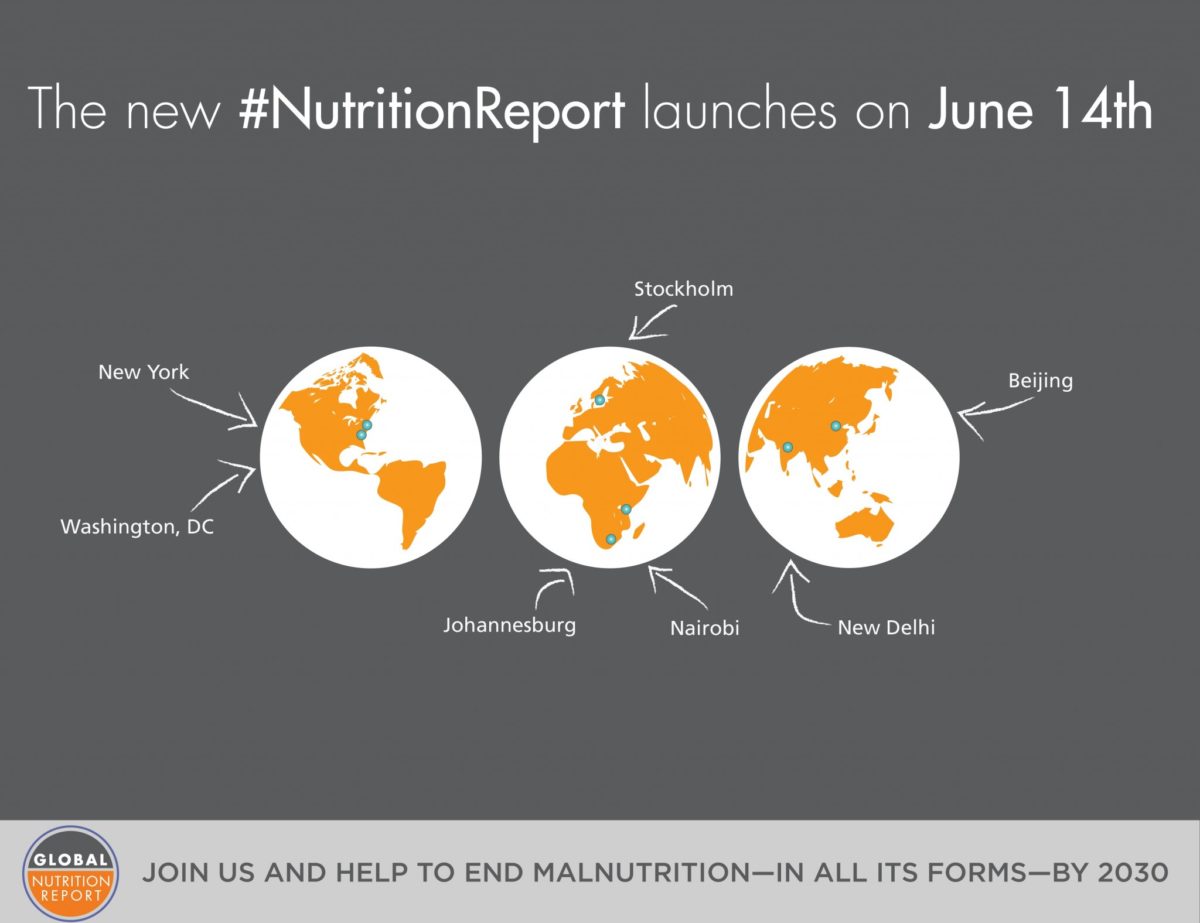Systemic Racism is a Public Health Crisis
Why advocacy and aid organizations working to improve nutrition, health, and poverty outcomes for children and families everywhere must join the fight against White supremacy and dismantling systemic racism.
As communities continue to demand justice for the killings of George Floyd, Breonna Taylor, Ahmaud Arbery, Dominique Rem’mie Fells, and countless other Black women and men, our national and global health, economic, and social fabrics are managing the containment and impacts of the COVID-19 pandemic. Black people are facing two crises at once – a health system that has failed to support us and a criminal justice system that continues to marginalize, harm, and kill us.
We’re witnessing how the lack of a robust, anti-racist approach to policymaking and funding has led to major disparities in health, economic, and social outcomes. This is especially personal because of my profession. At my organization, we’re focused on helping mothers and children have the healthiest 1,000 days, the time between a woman’s pregnancy and her baby’s second birthday, which has tremendous impacts on her family’s and community’s future health and wellness. I have seen first-hand how lack of access to nutritious foods and health services impact nutritional and broader public health outcomes too.
We see the effects of systemic racism in public health every day. The U.S. is the only industrialized country in the world that doesn’t offer its taxpayers universal health coverage (UHC) – and Black, Latinx, and Indigenous communities face the consequences of this the hardest. Unequal access to adequate health insurance, mental health services, and rising pharmaceutical costs sustain the impacts of racism. This is visible in the lack of robust UHC in countries with high-burdens of disease and malnutrition as well. Strong health and social systems that serve everyone enable individuals to thrive and prosper. But systemic racism has led to disparities in access to these services, which impacts not only the lives of those who need them but also the prosperity of the community as a whole.
This is why I urge my fellow nutrition advocacy, international development, and global health colleagues to assess how we are approaching our work and whether we’re equipped to do so in an actively anti-racist way.
Our organizations are complicit in White supremacy as well. Organizations with missions to improve health, economic, and social outcomes for Black and brown communities must be led and managed by the people they are trying to serve! Yet, I continue to see anti-poverty and aid/international development organizations that lack racially-diverse leadership and boards.
I am a Black Ethiopian-American woman in my 20s and have been working in the advocacy and international development space based in Washington D.C. since college. I am too familiar with what it feels like to be the only Black person, let alone Black woman, in the room. Sometimes my voice and experiences are valued, but often I feel they are either tokenized or my presence in the room is meant to fit a diversity quota.
This is further perpetuated by the lack of transparency in salaries within organizations, as well as program structures and funding relationships that continue to uphold racist and colonial thinking. How are we supposed to achieve progress on domestic and global goals if we can’t dismantle and rebuild how WE internally conduct our work?
What’s next from here? I propose we H.A.L.T – Hire, Adapt, Listen and Try. Organizations must hire diverse leadership; adapt the current systems and structures; listen to the community they serve; and try harder – it’s nowhere near enough!
The first step towards being an anti-racist organization is listening, hiring, and fully supporting Black and brown people, especially women, from marginalized communities. This will require honest conversations that go beyond statements – we need action! Donors also need to audit how they program and distribute funding. Community-based solutions live within communities, and we must empower these communities with the resources and funding so grassroots organizations can combat the problems they are facing.
Unfair systems lead to unequal access, and greater inequities in nutritional and health outcomes. This is evident in the 2020 Global Nutrition Report that brilliantly lays out a frame for how inequities in nutritional outcomes across communities and countries are perpetuated by unfair processes for basic human rights within socioeconomic and political contexts.
If we truly want to “leave no-one behind” and achieve progress for all, we must understand how White supremacy operates and upholds an unjust environment for public service and global health development. Anti-racism work must be at the forefront of our domestic and global advocacy agendas


